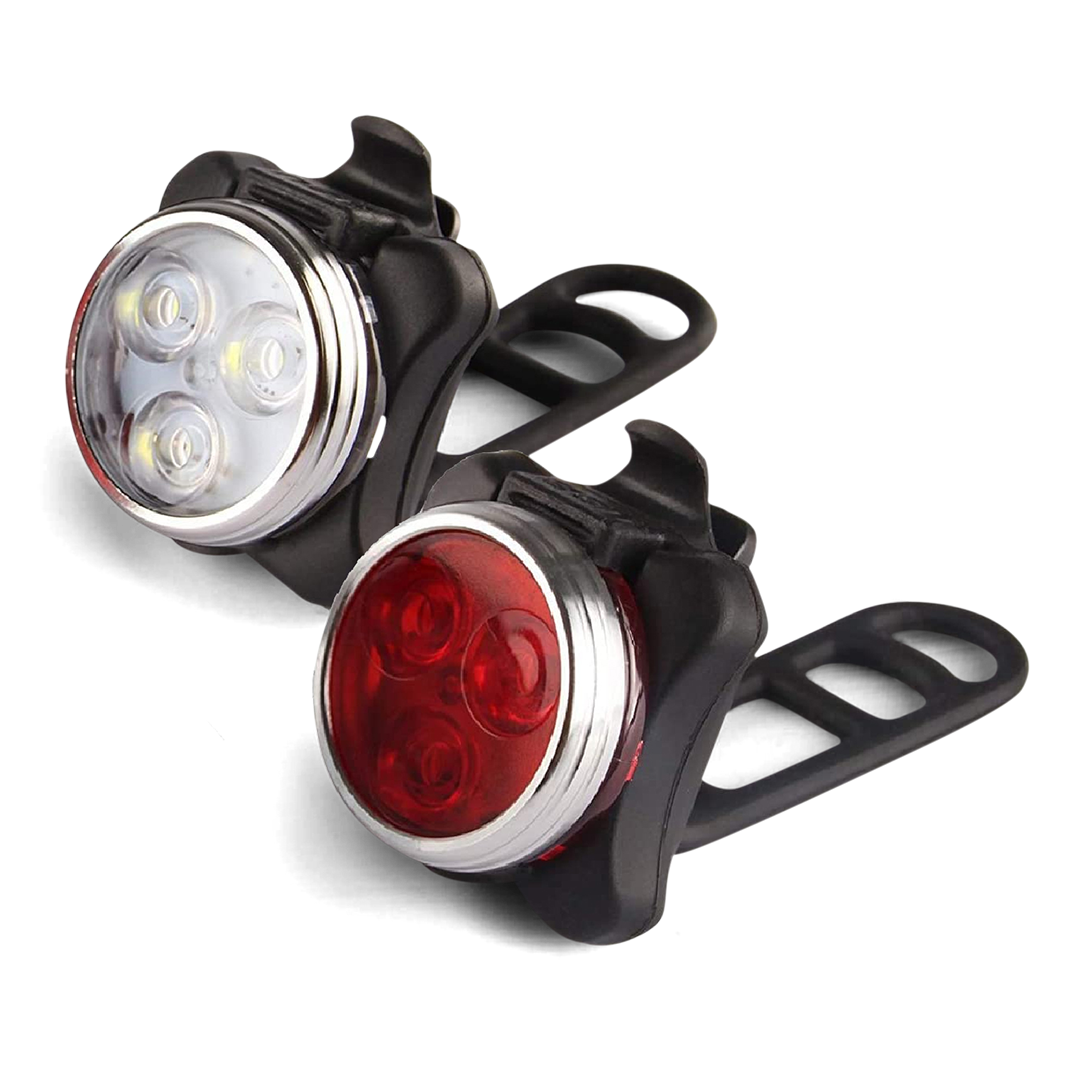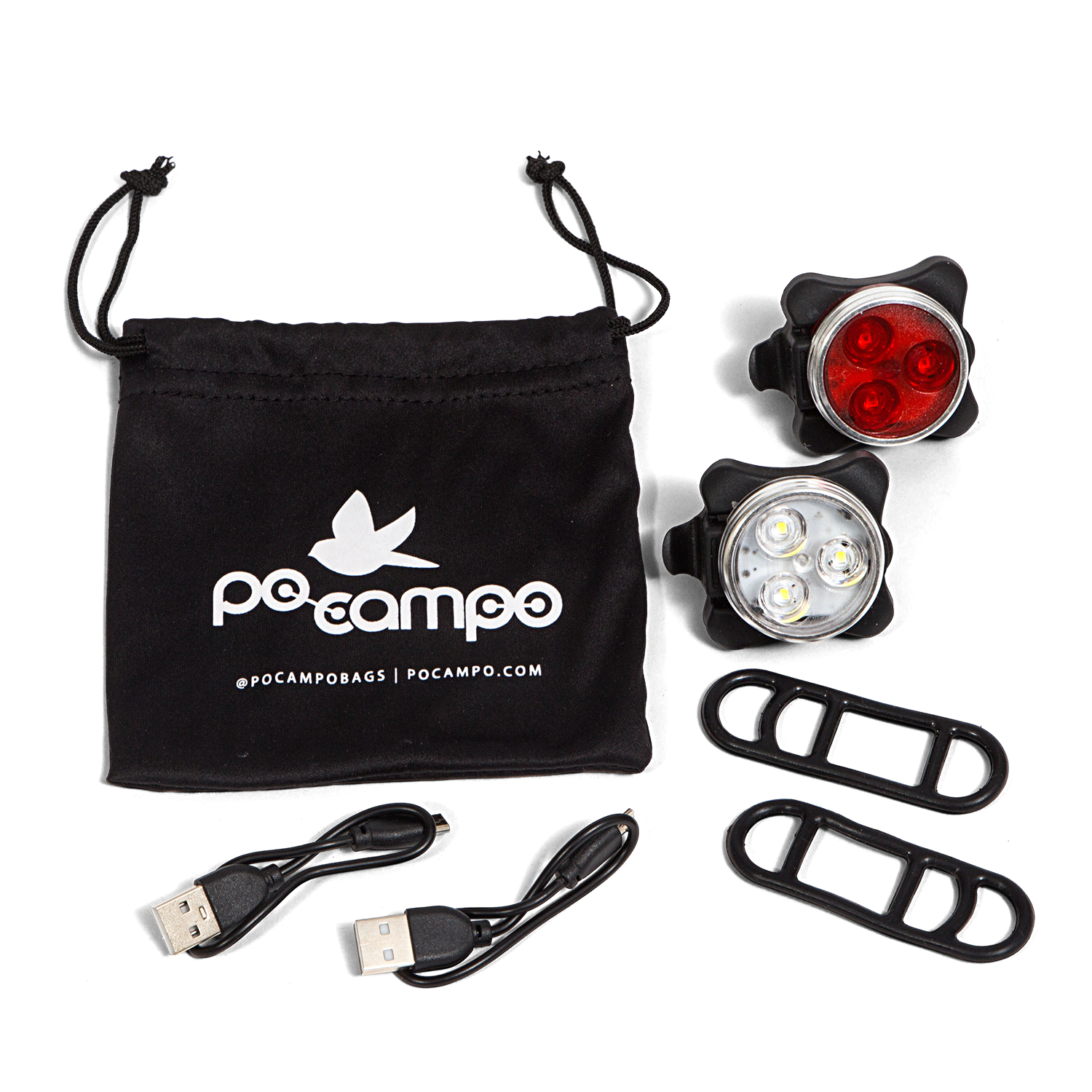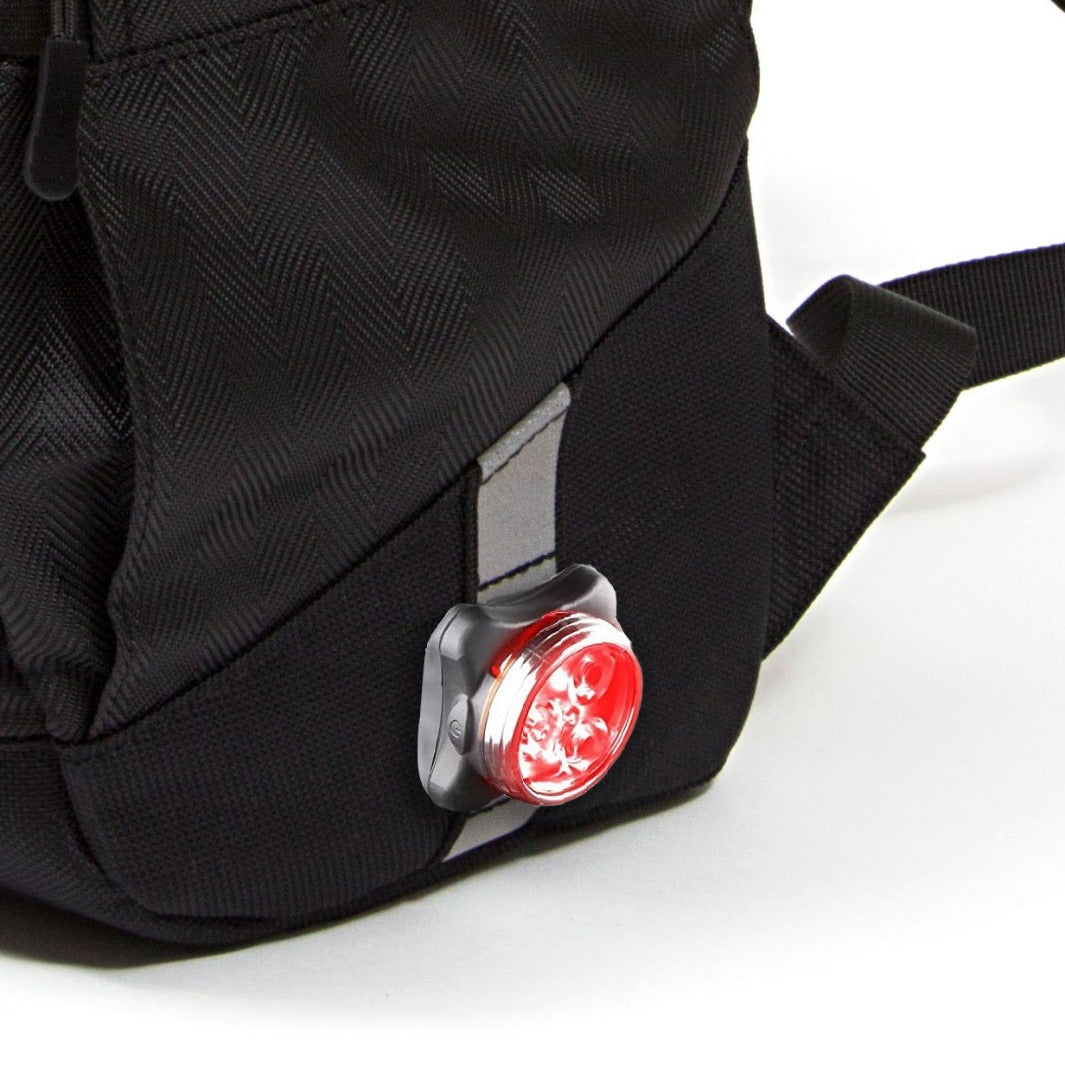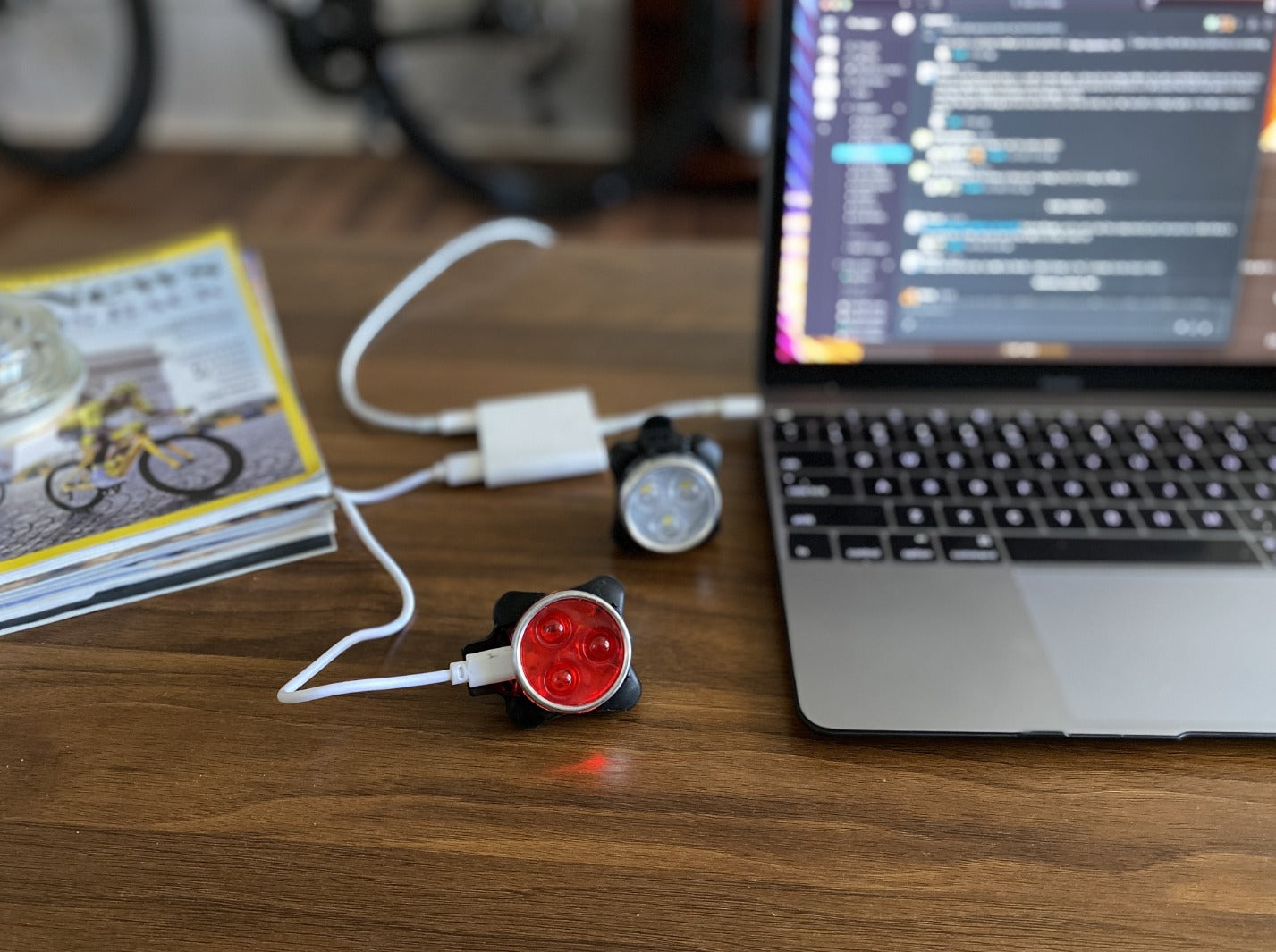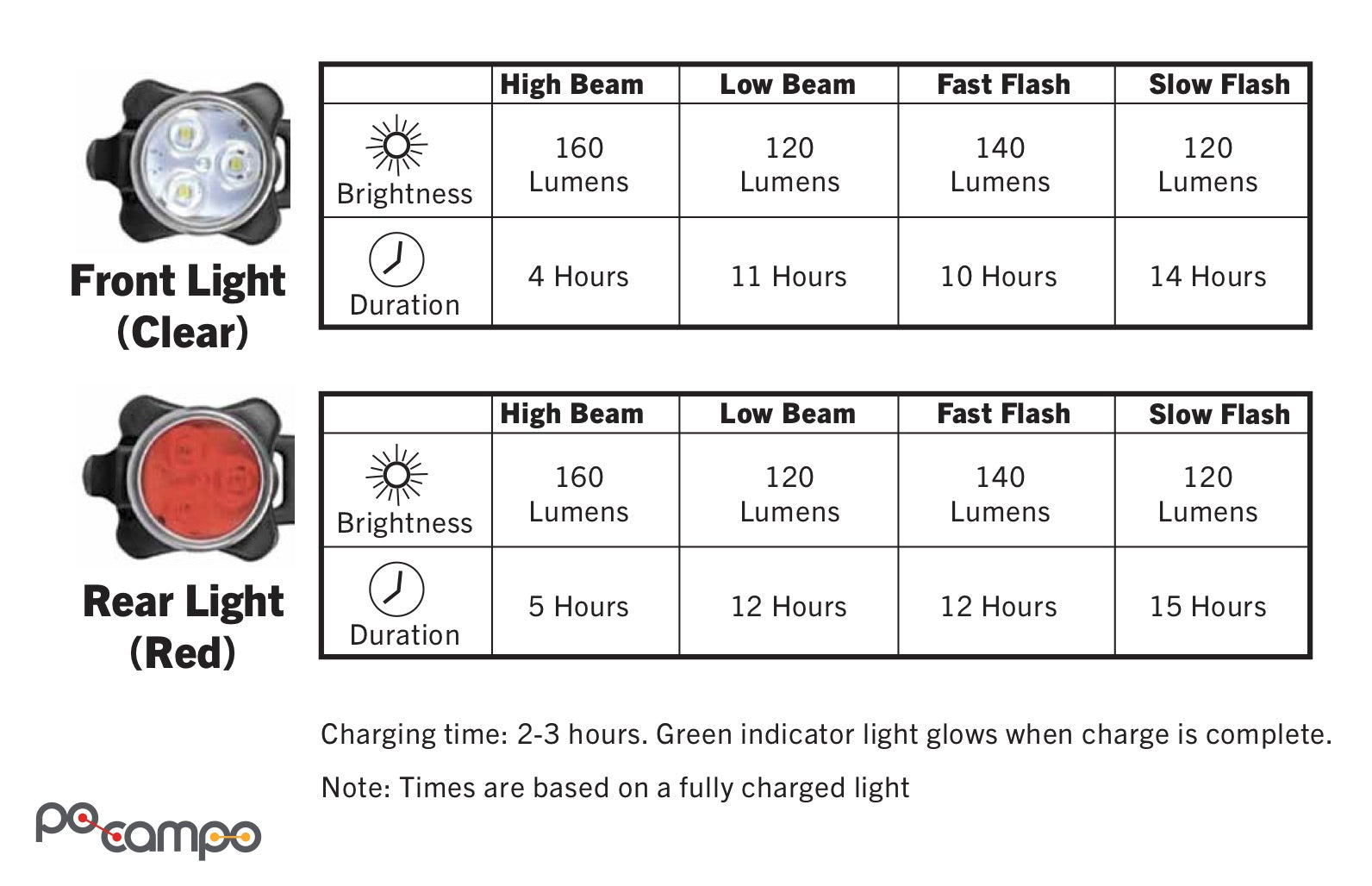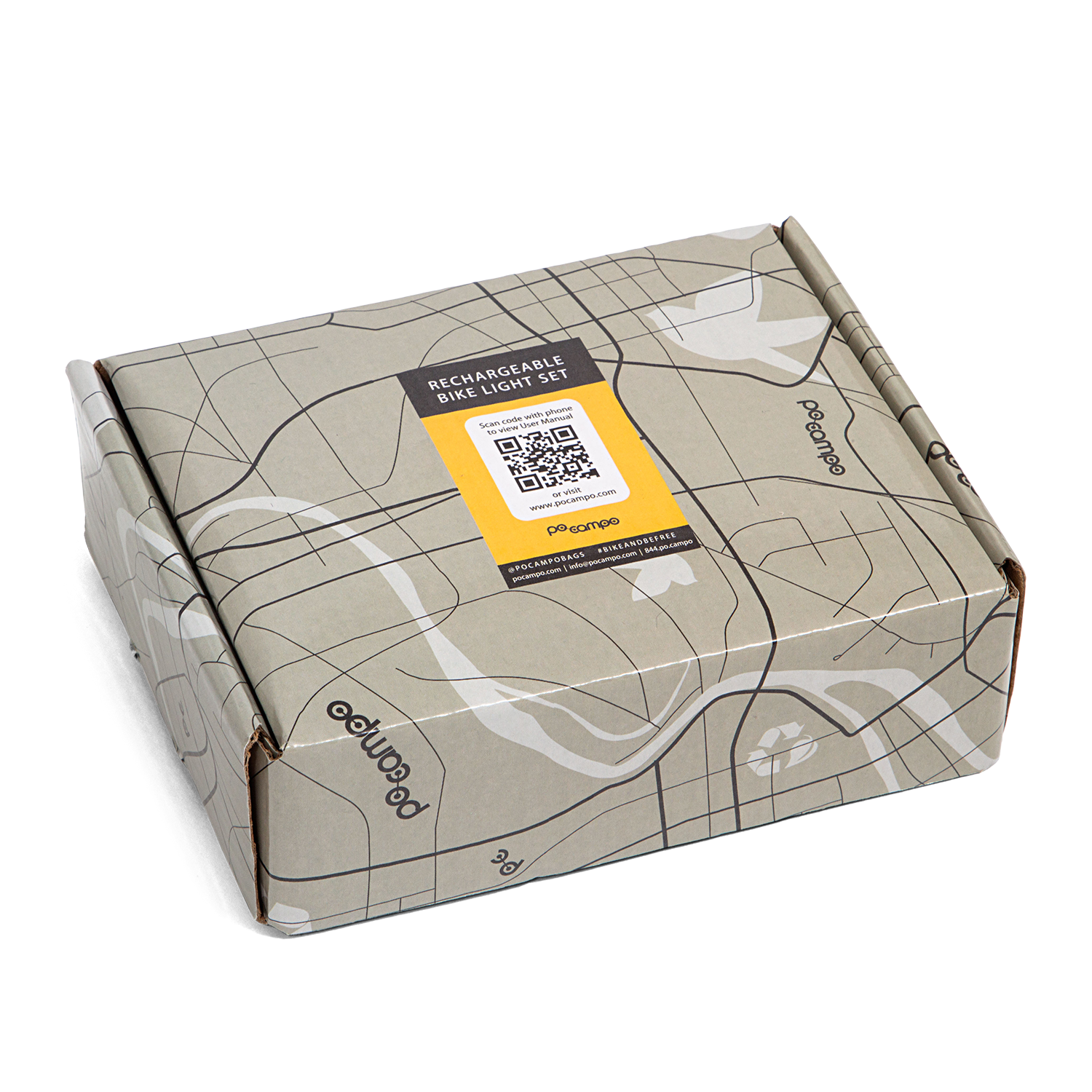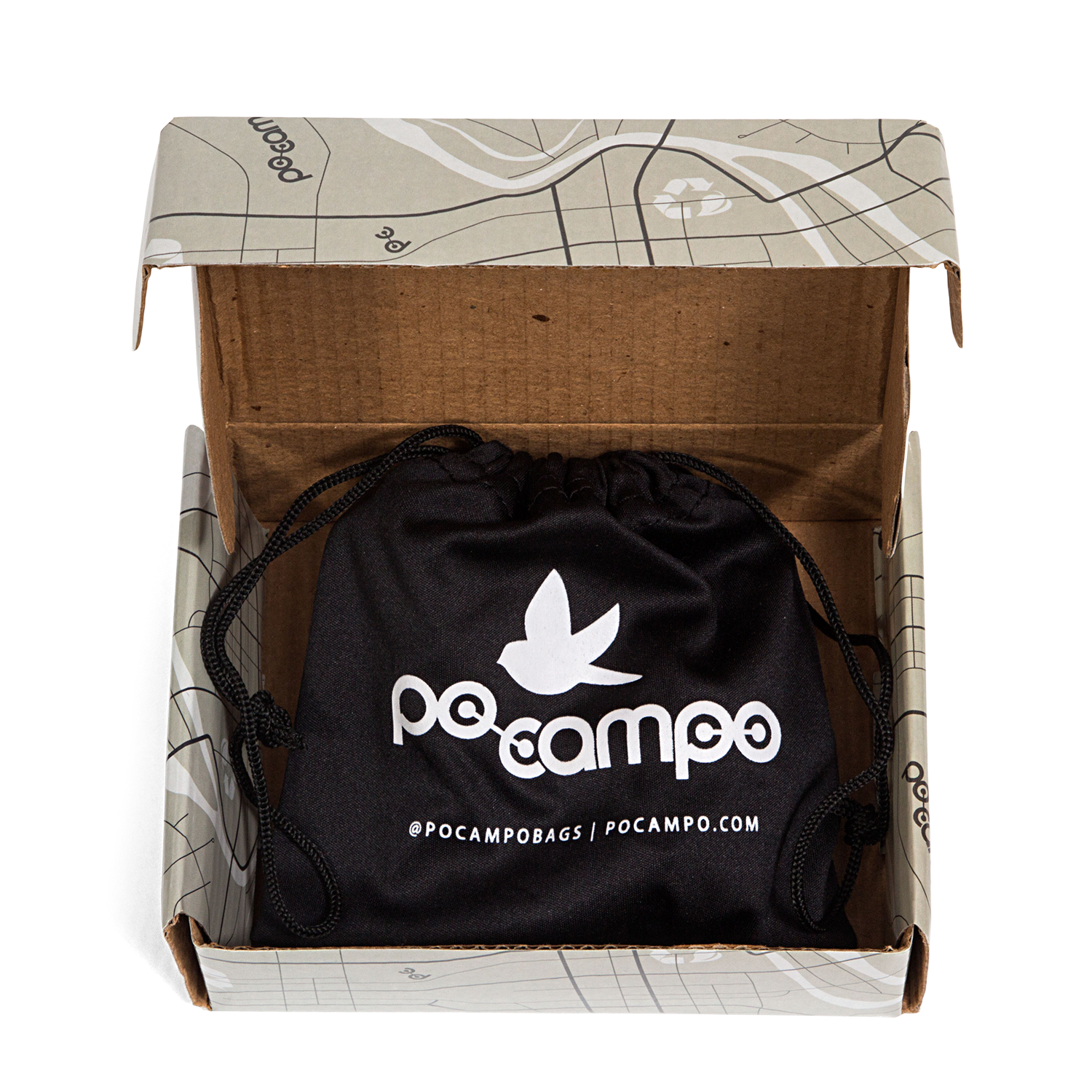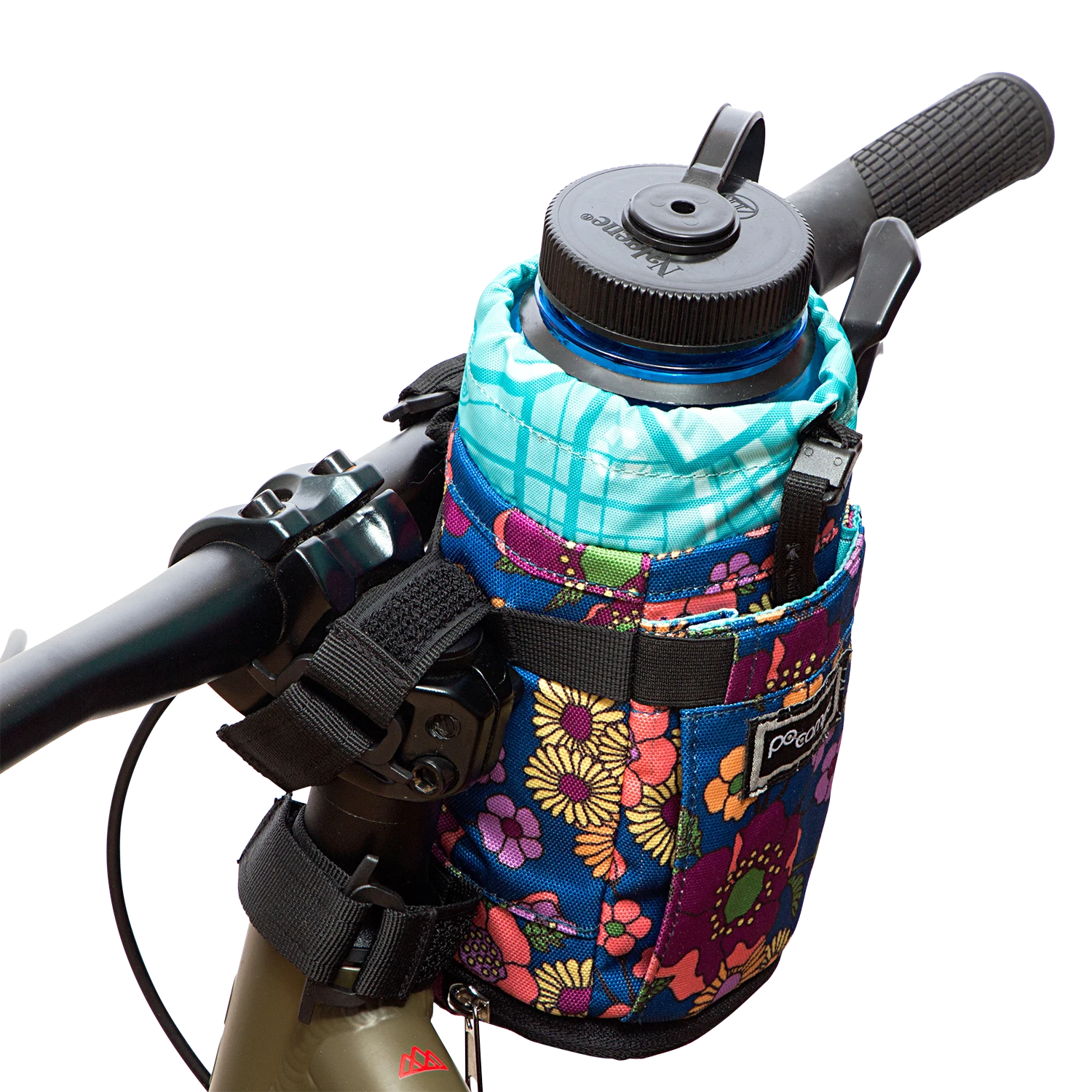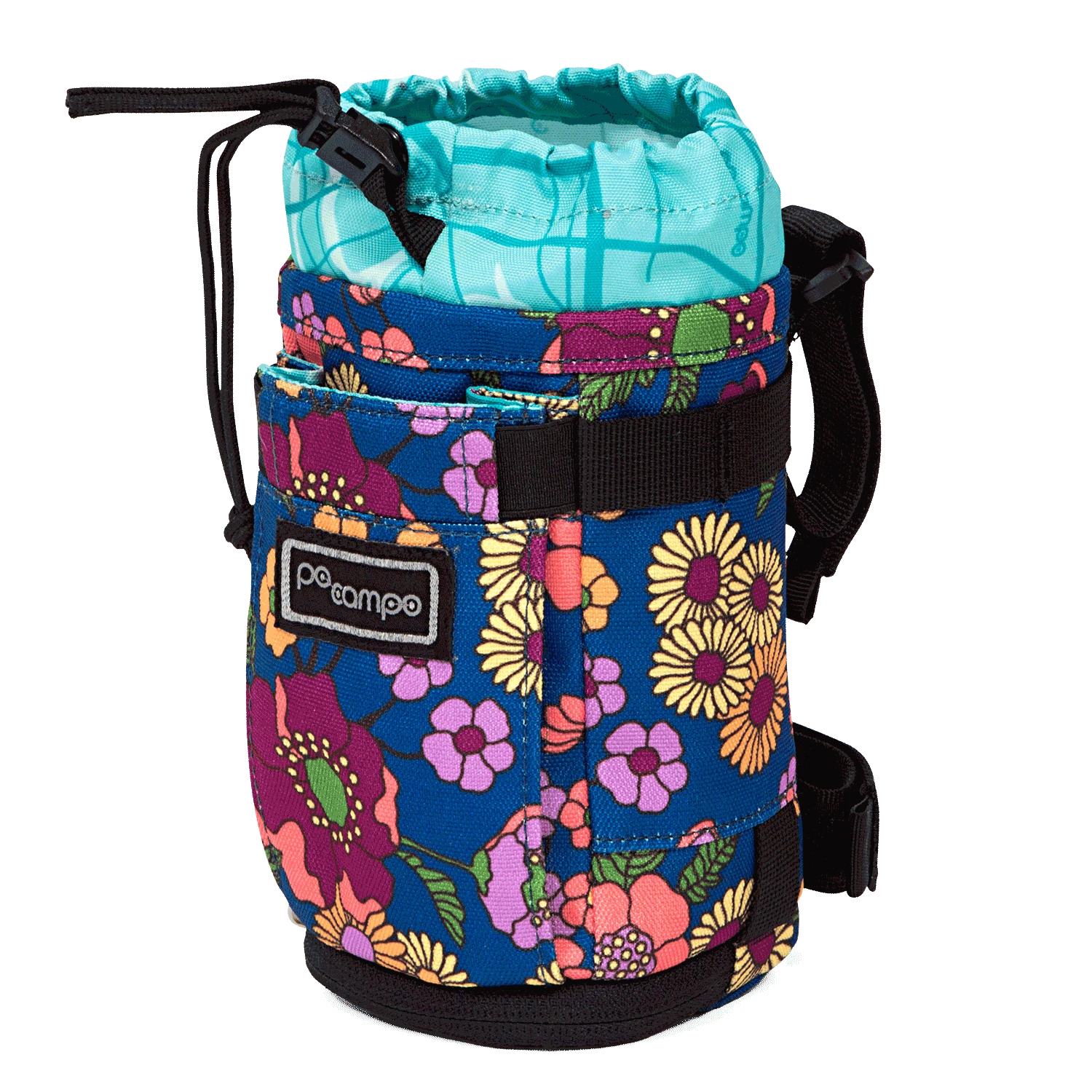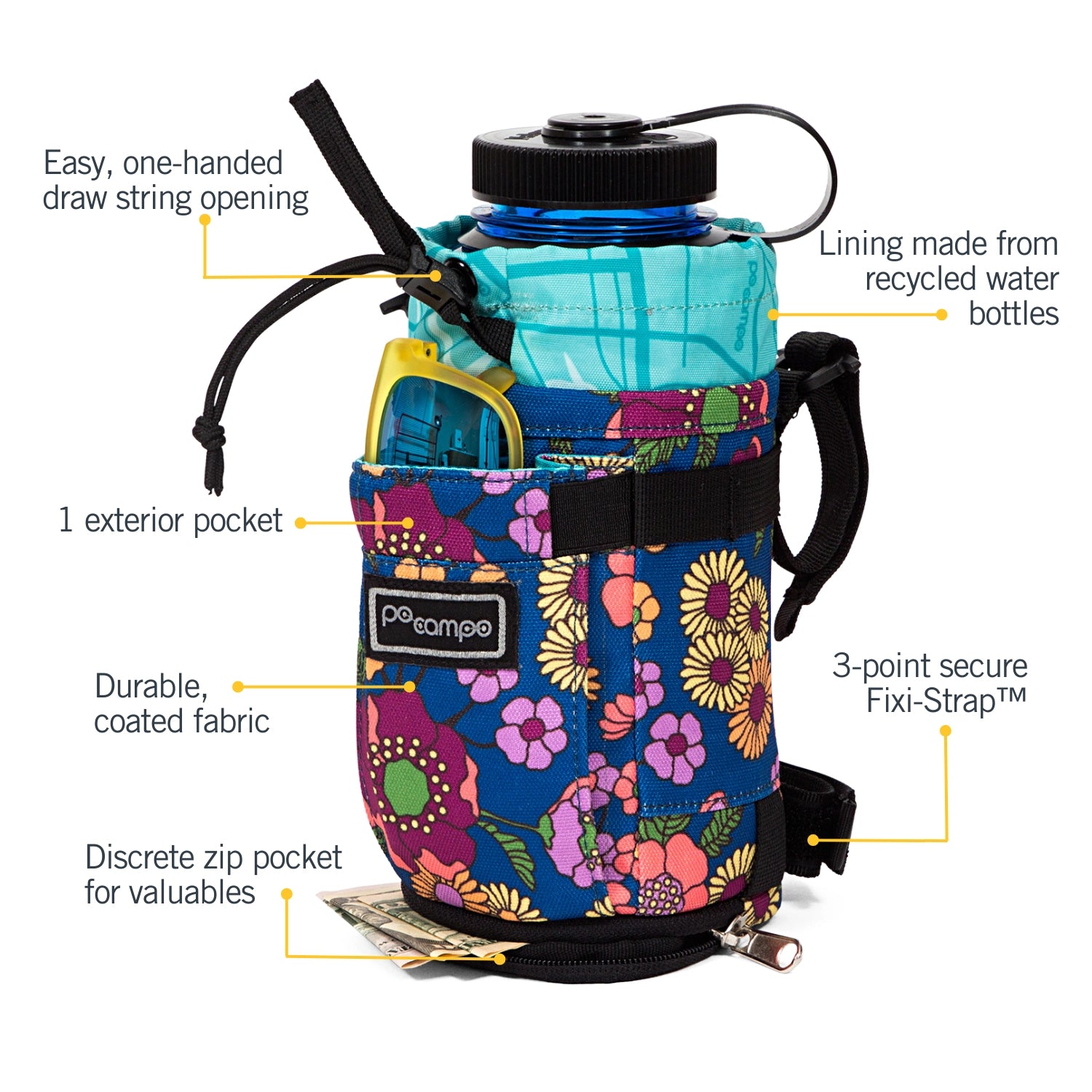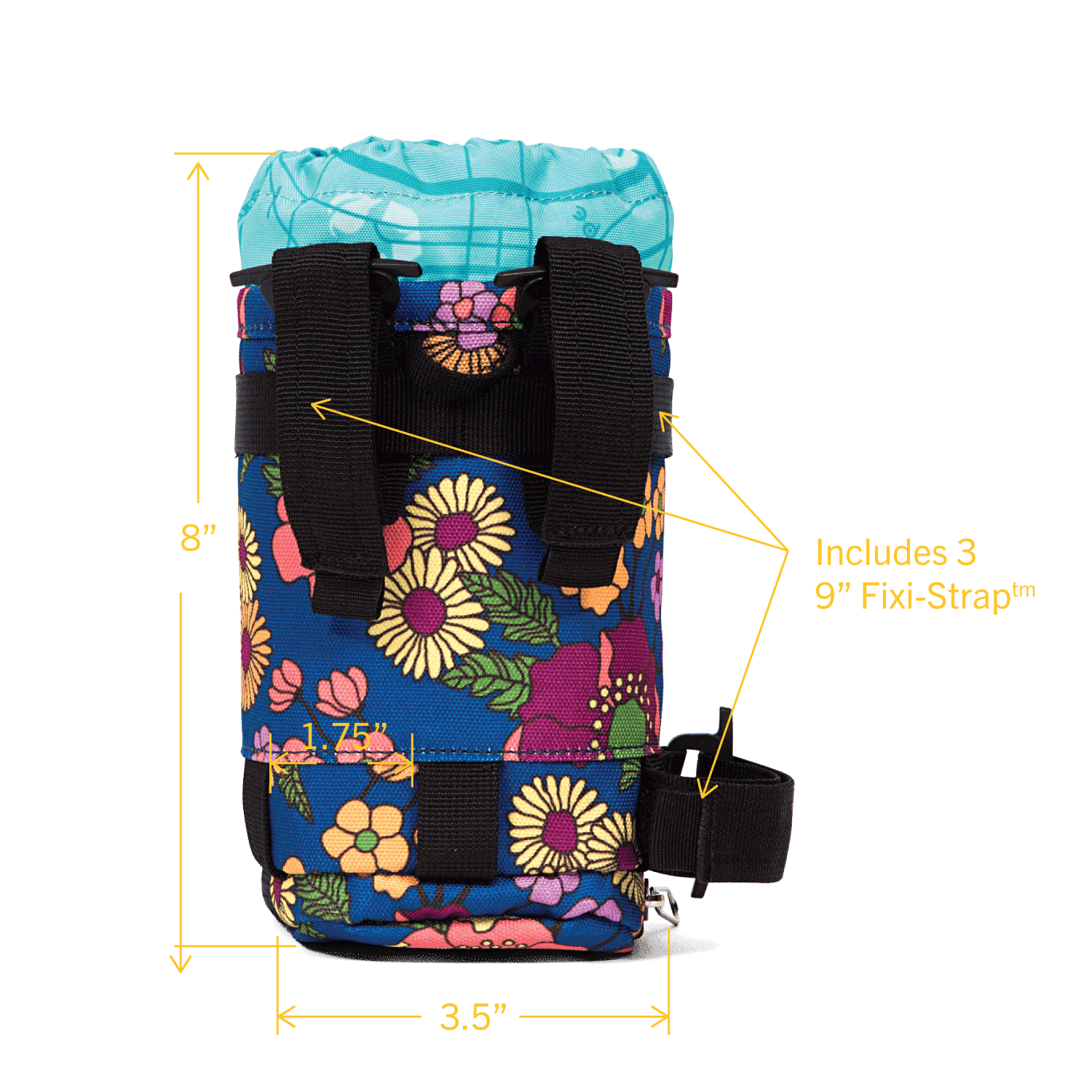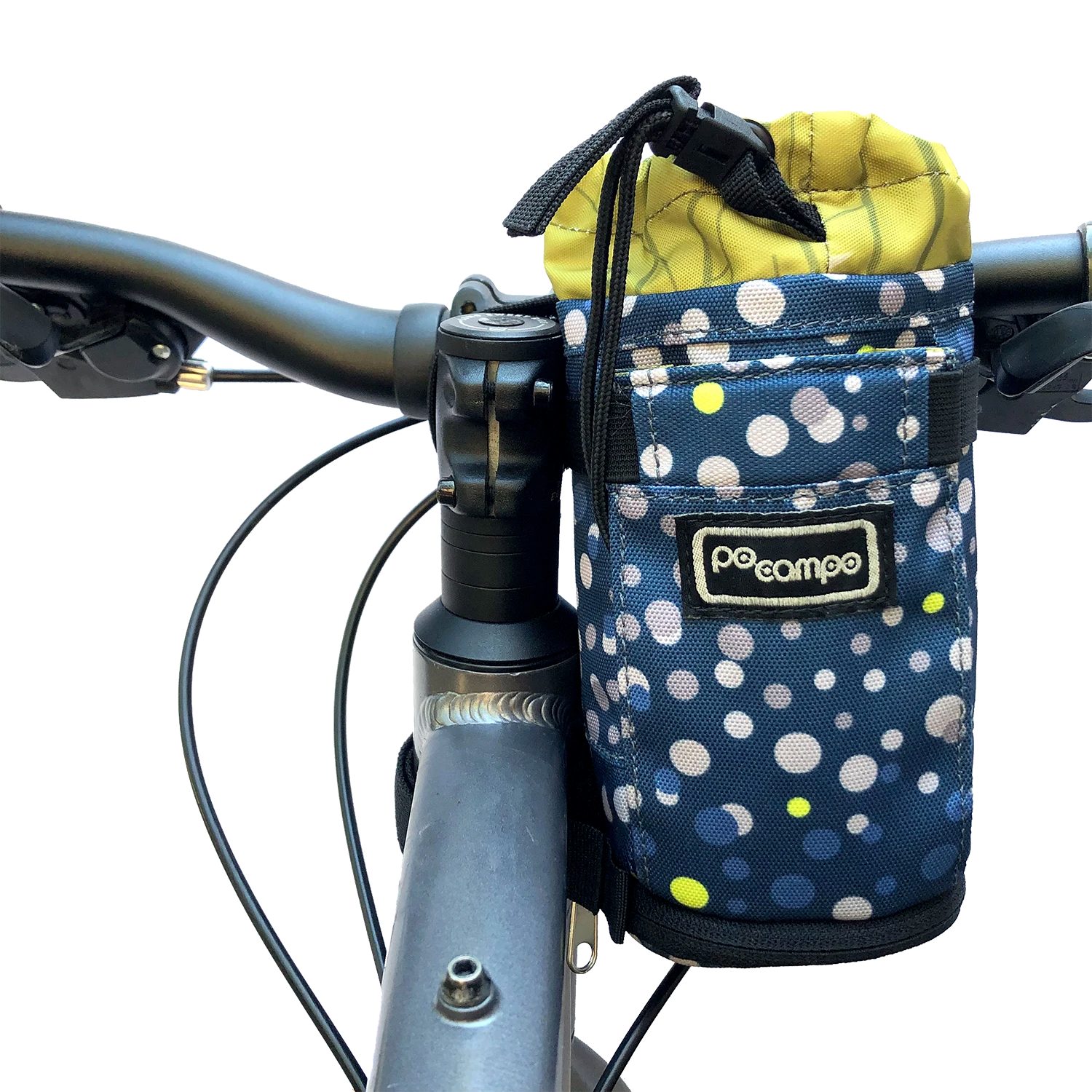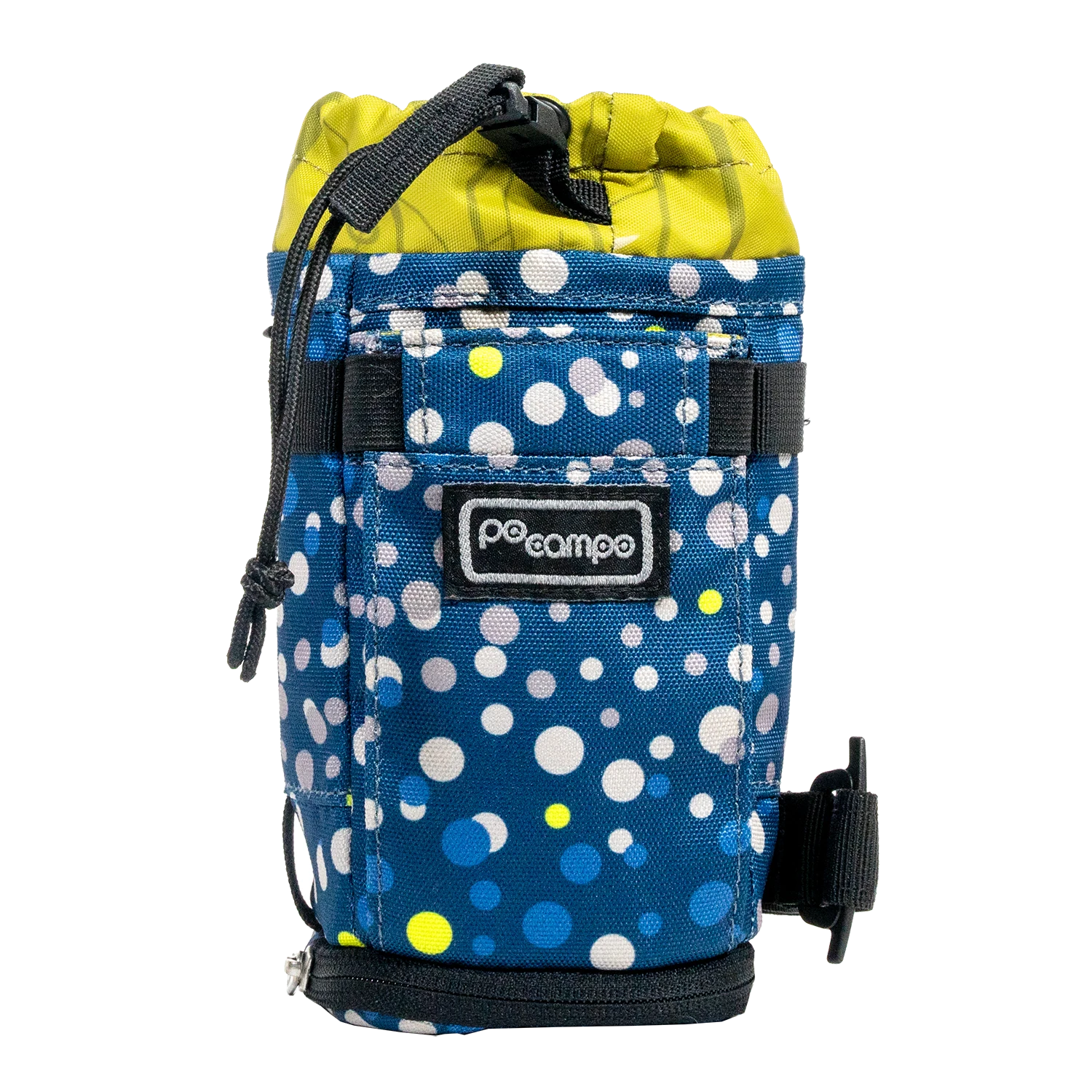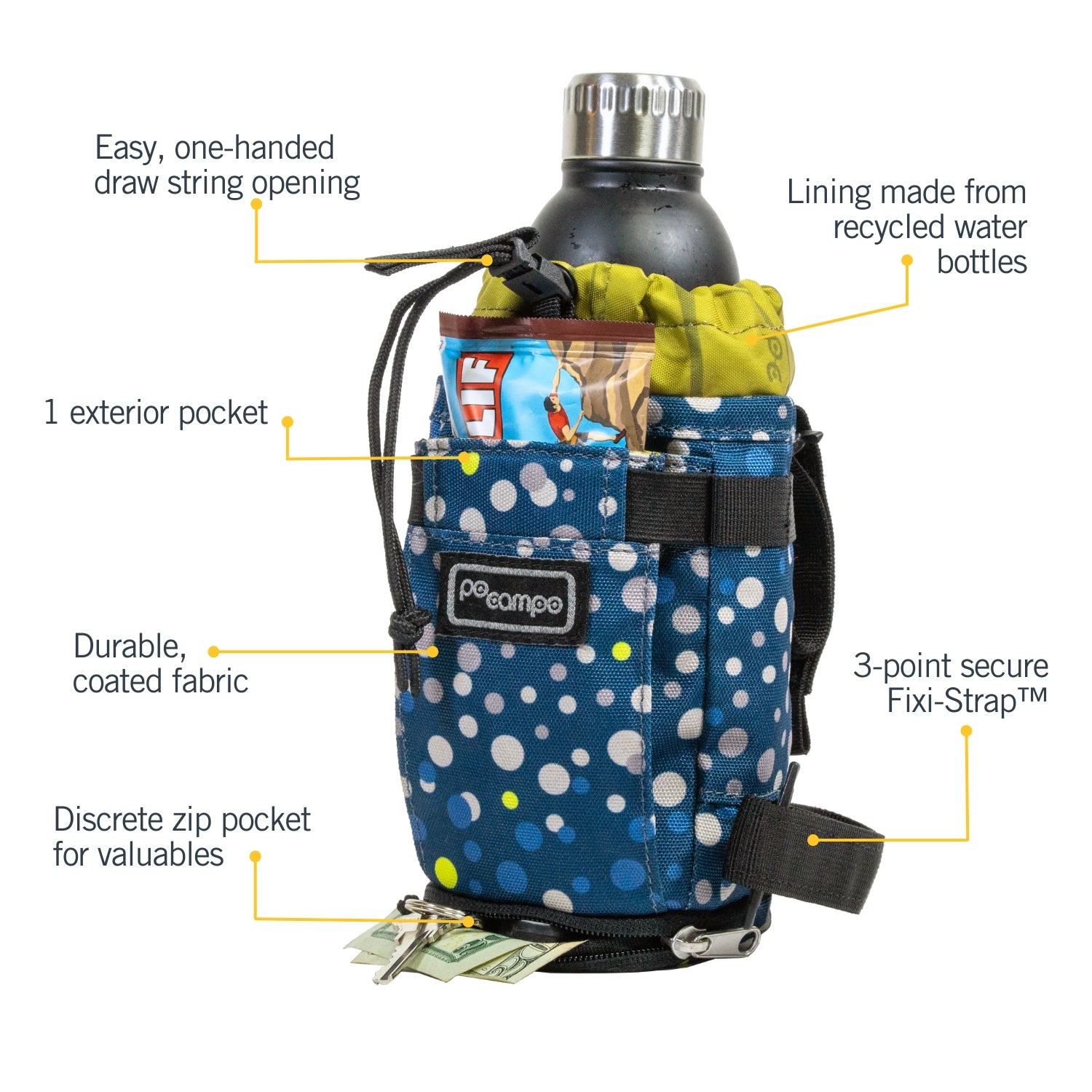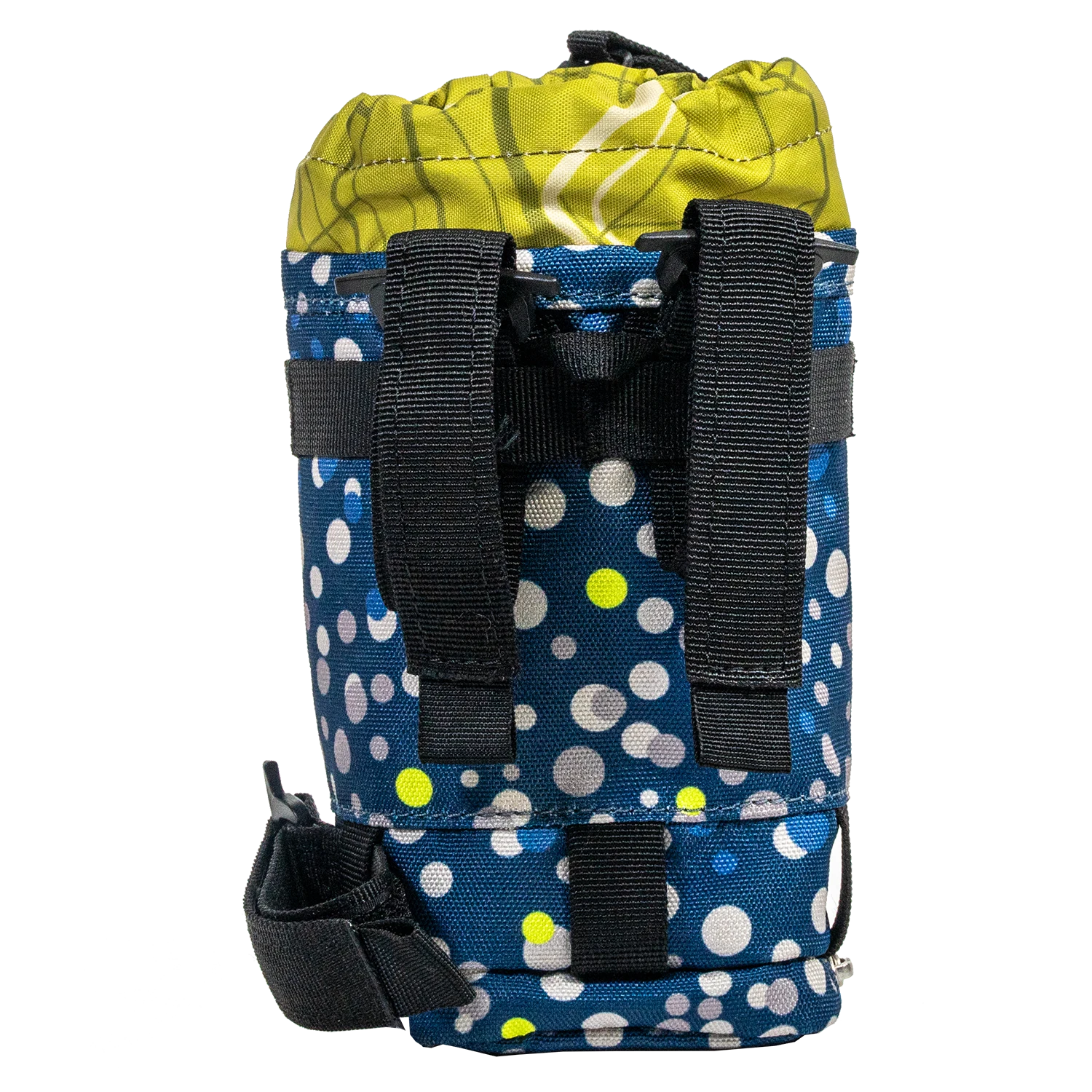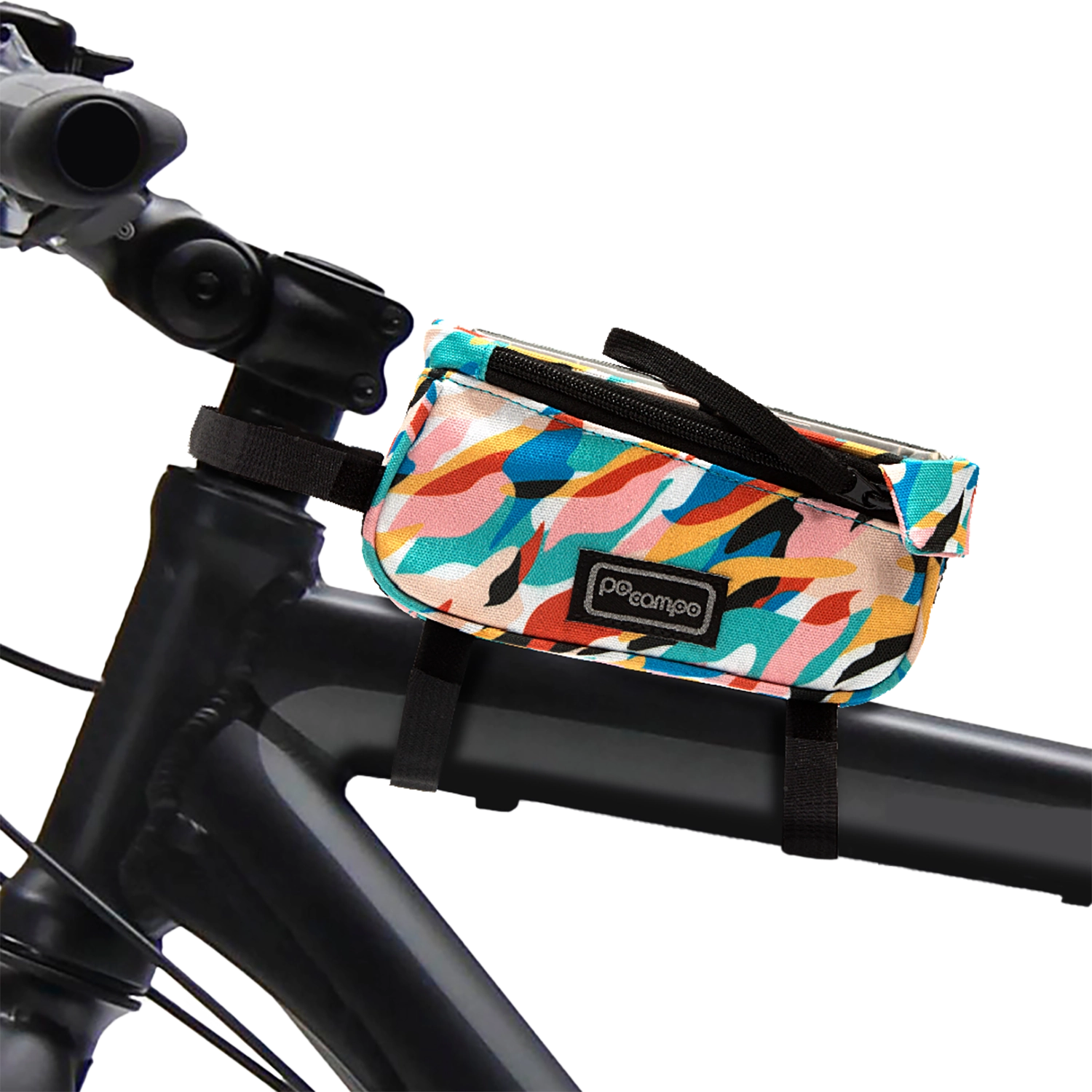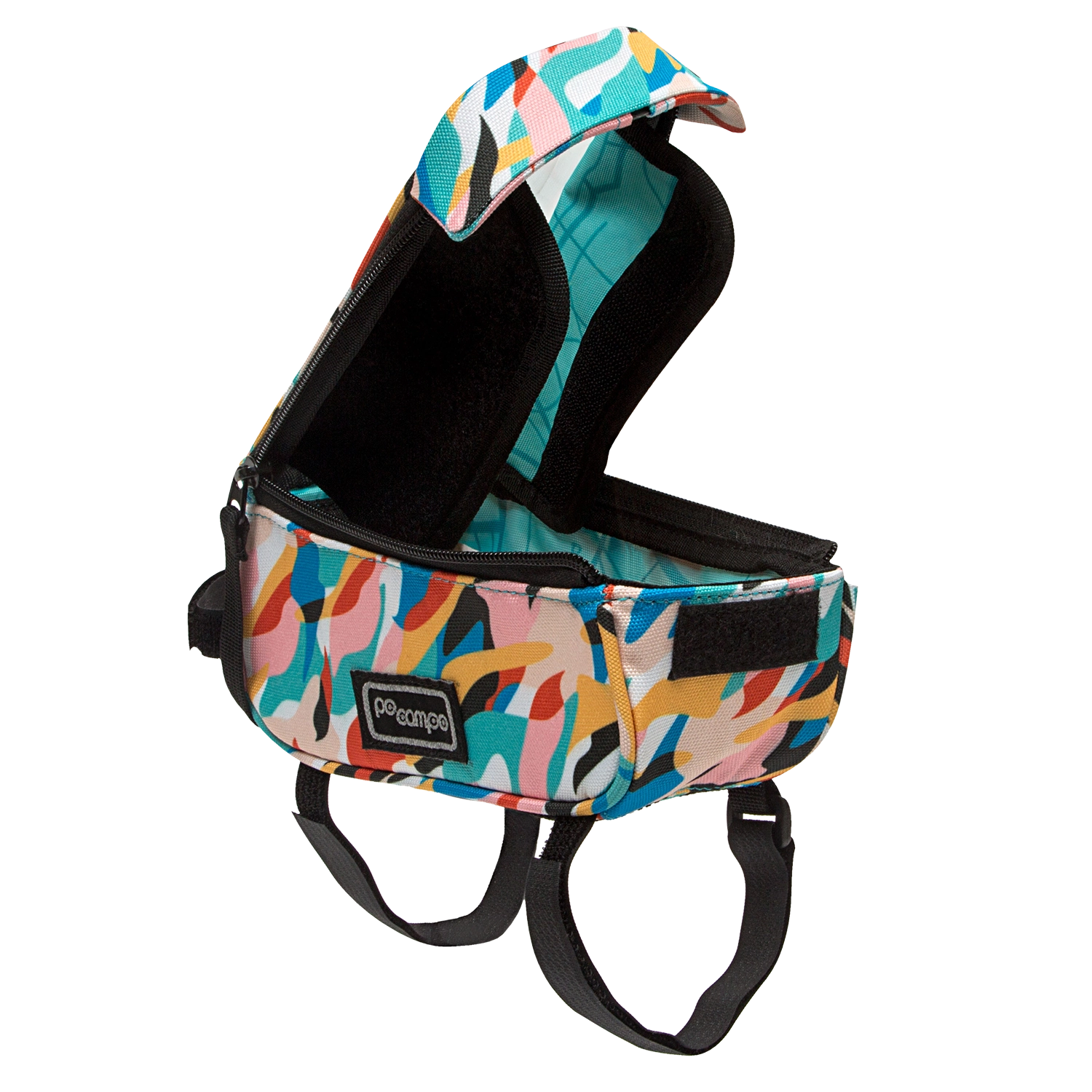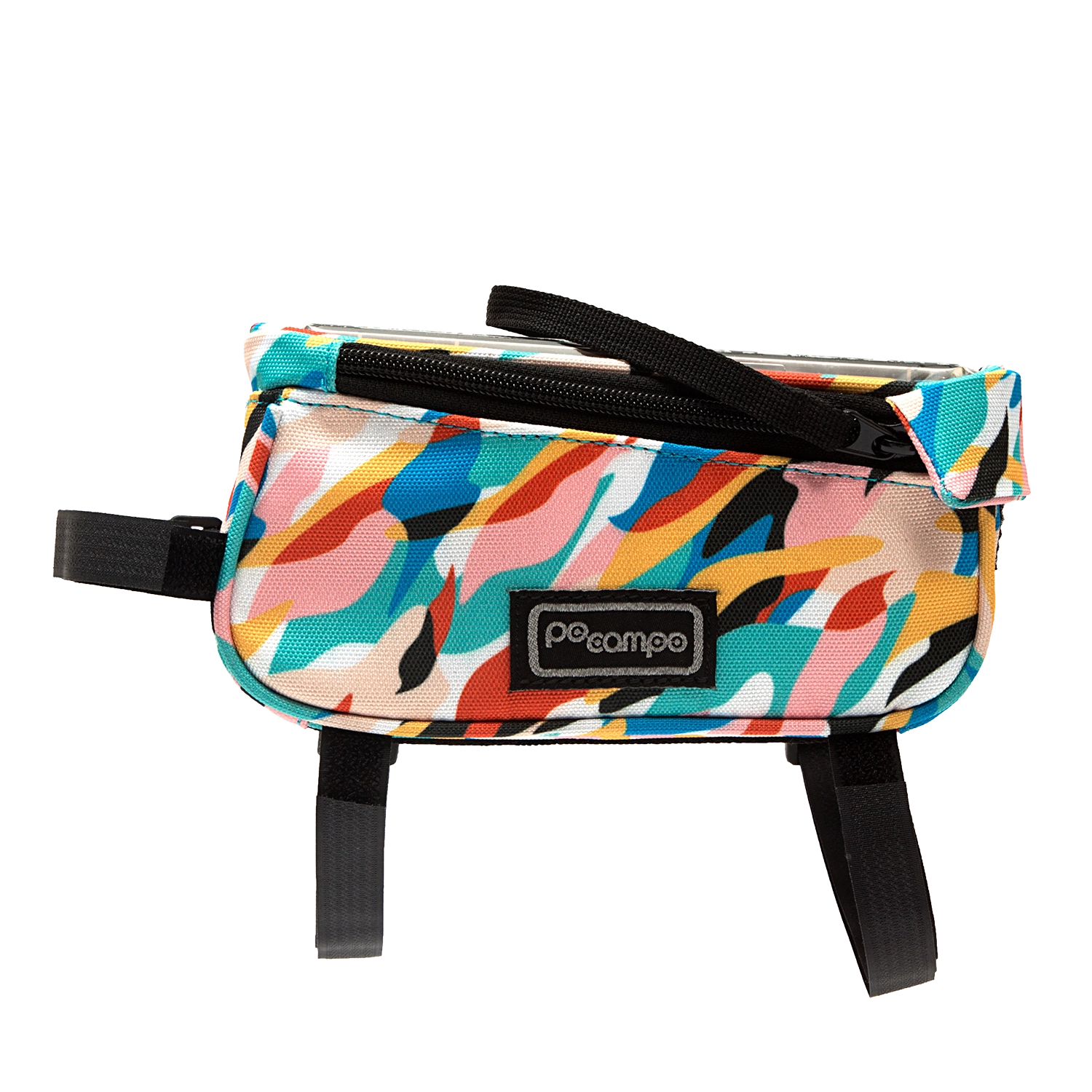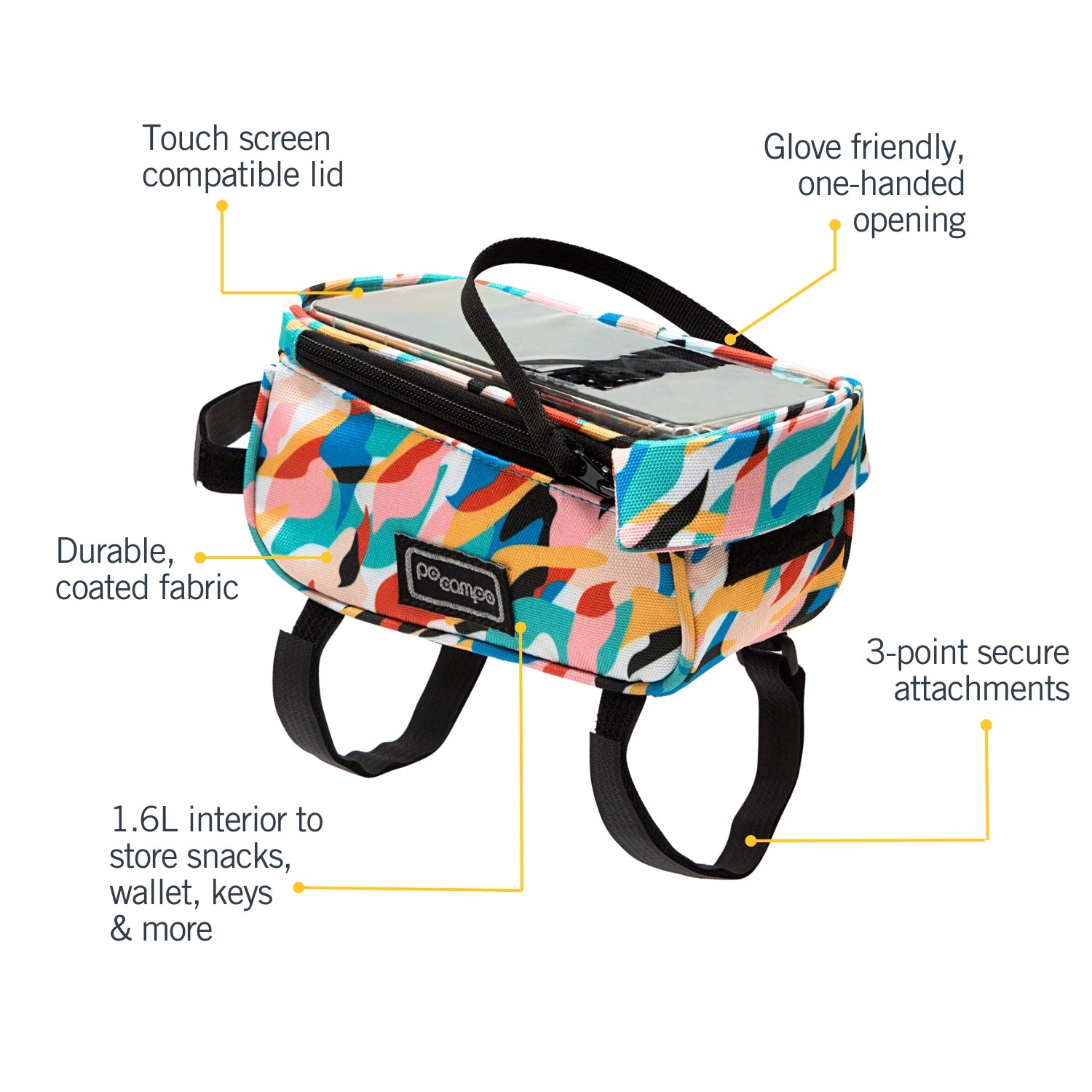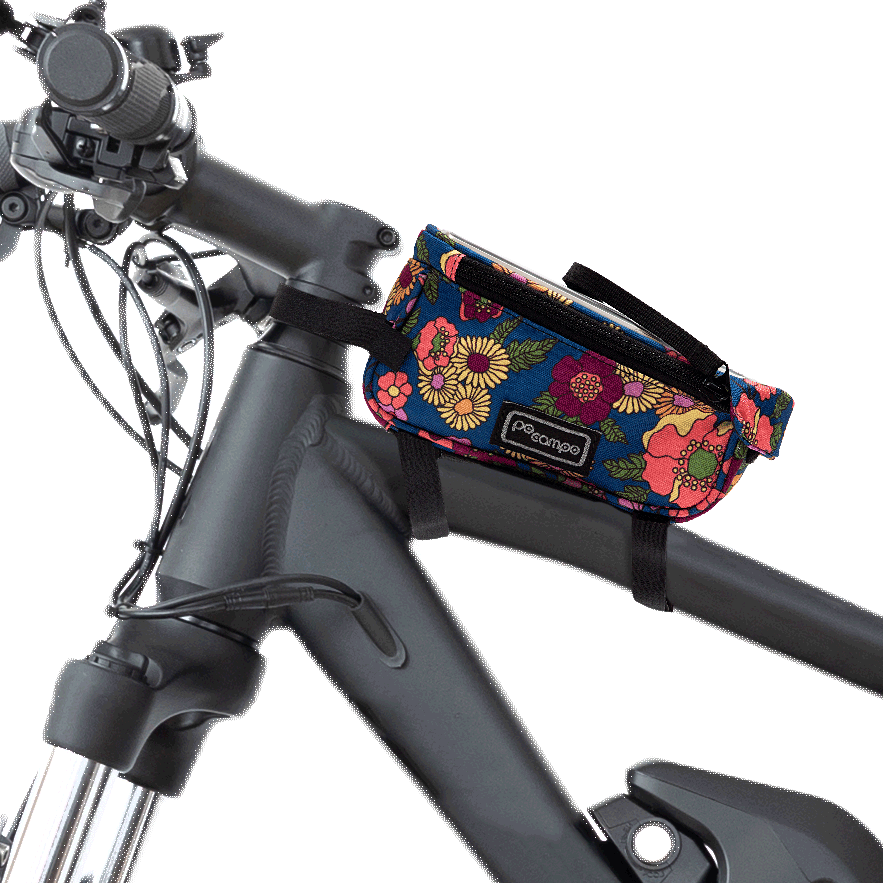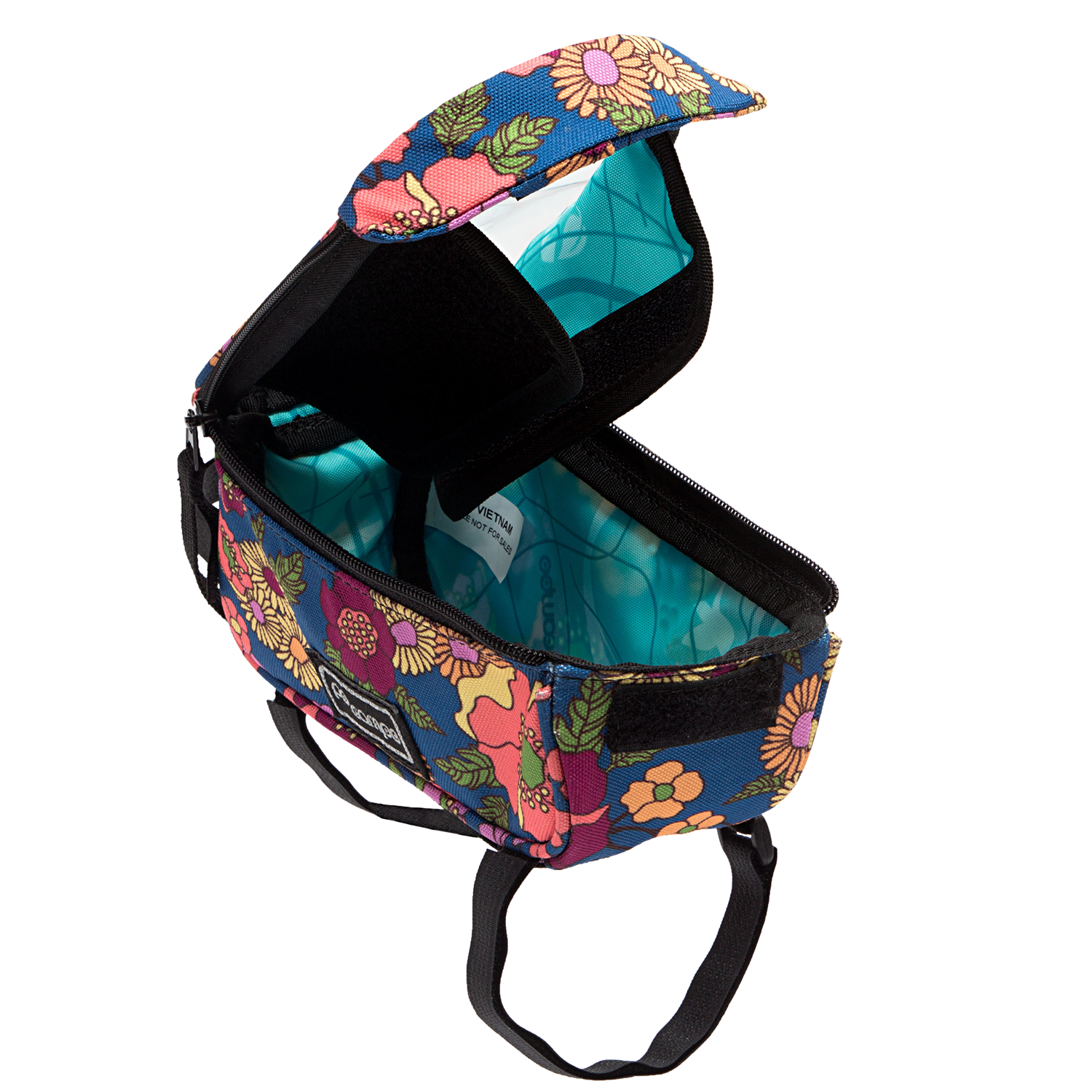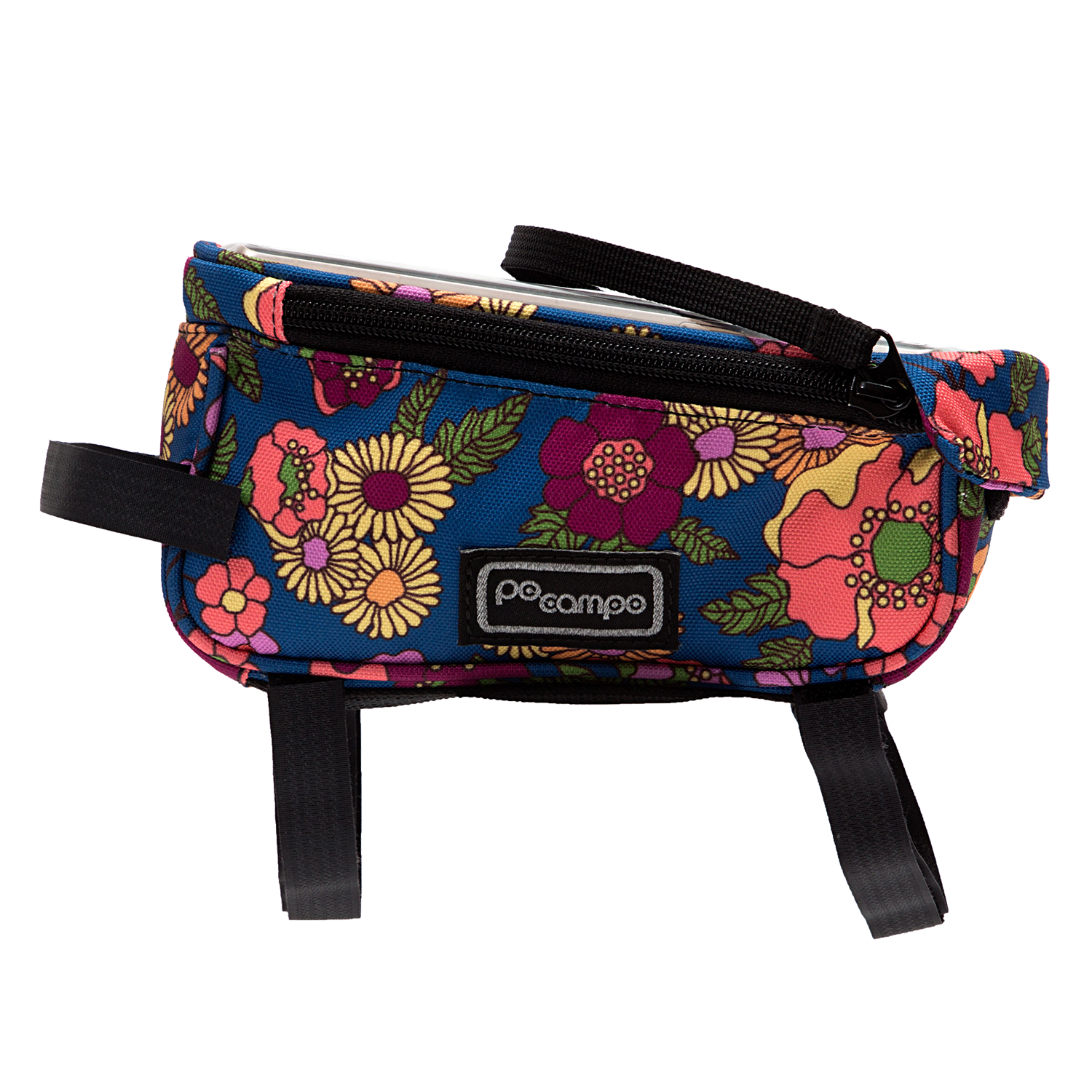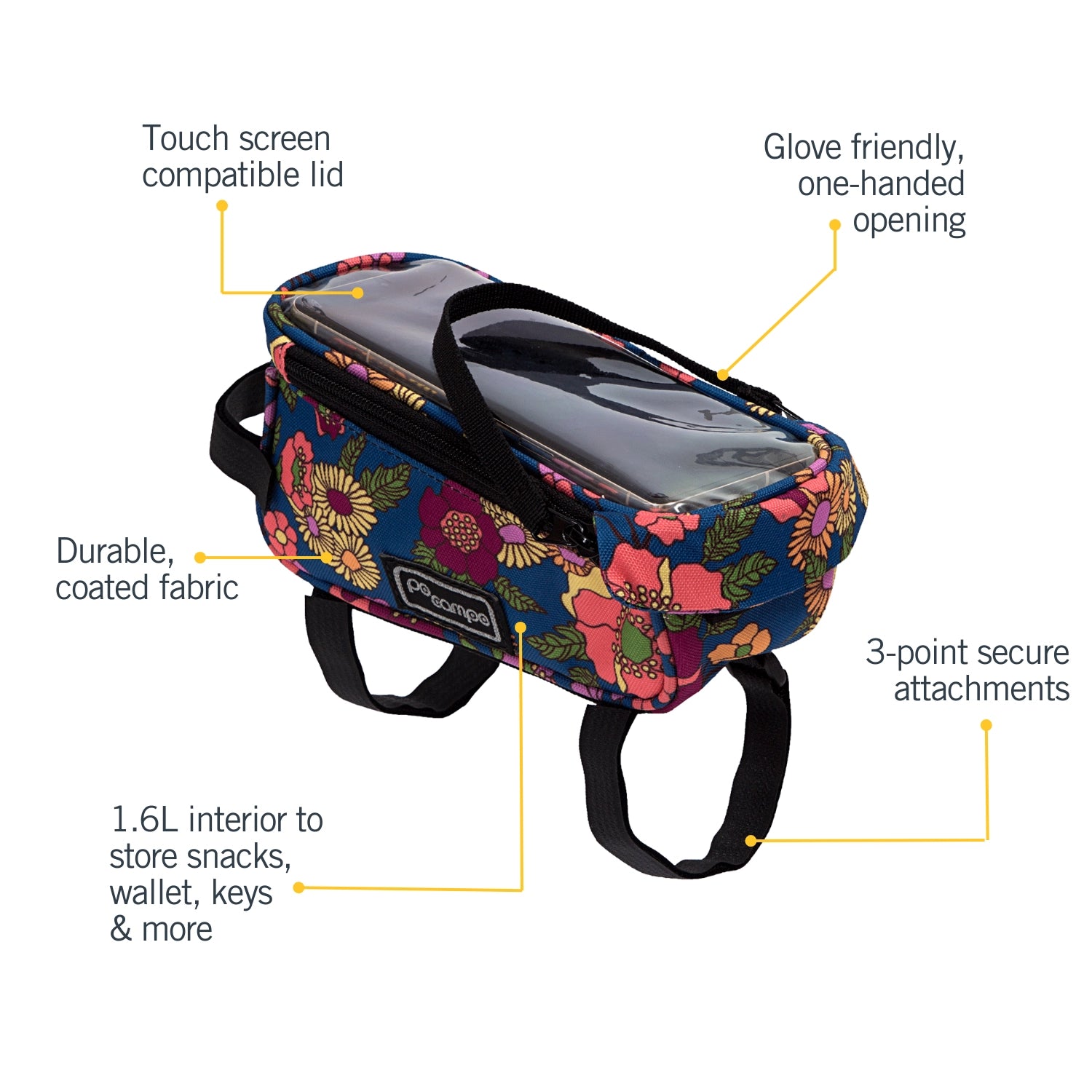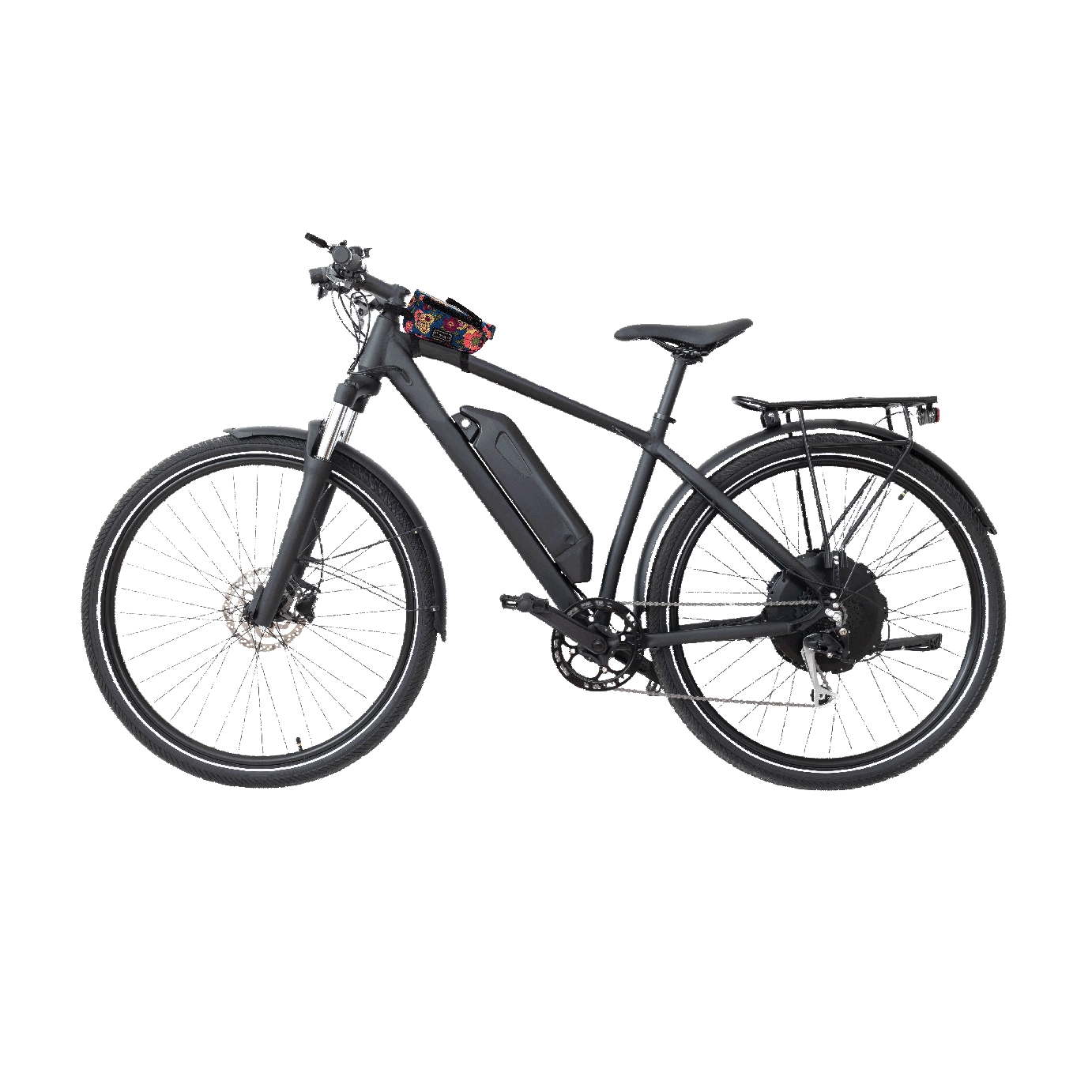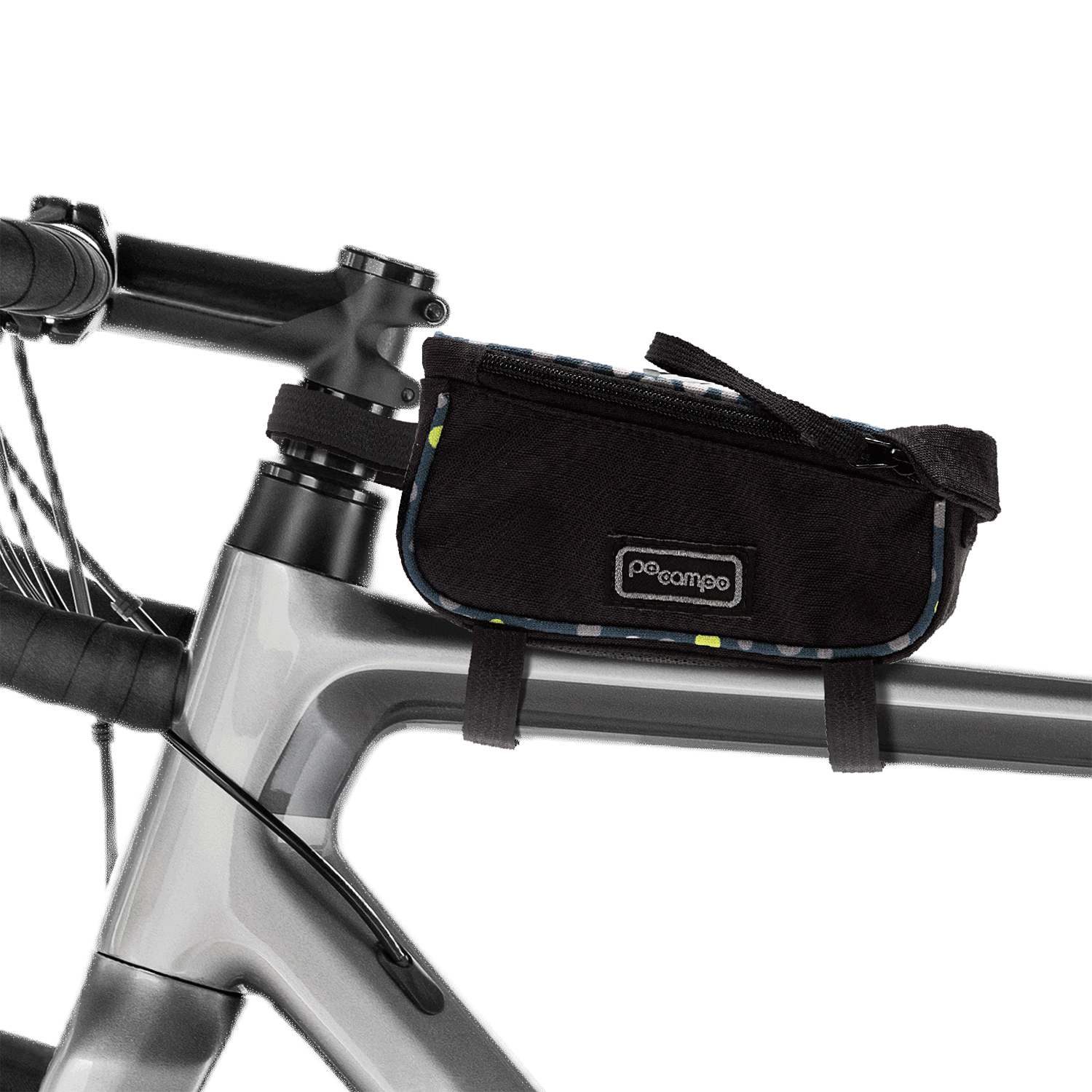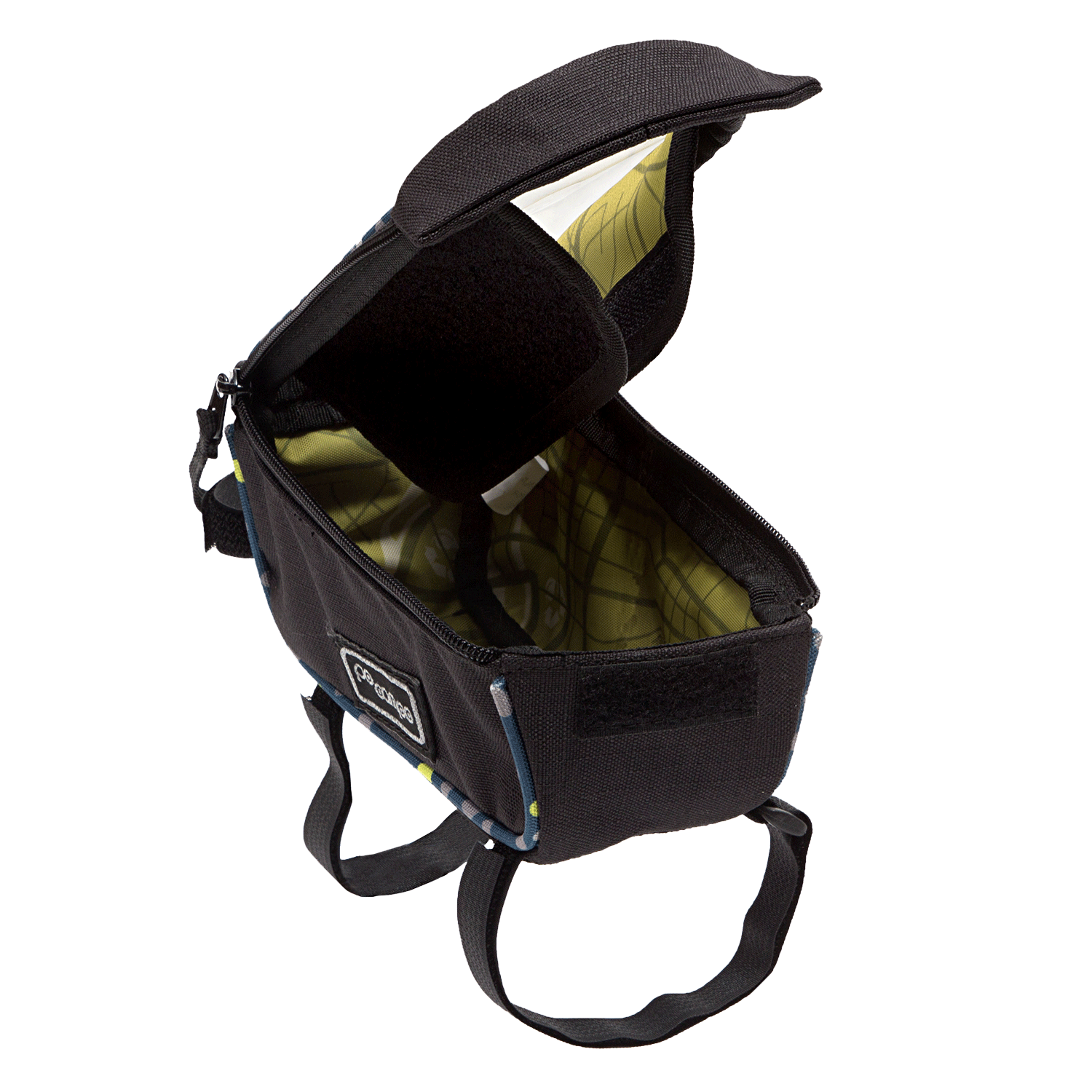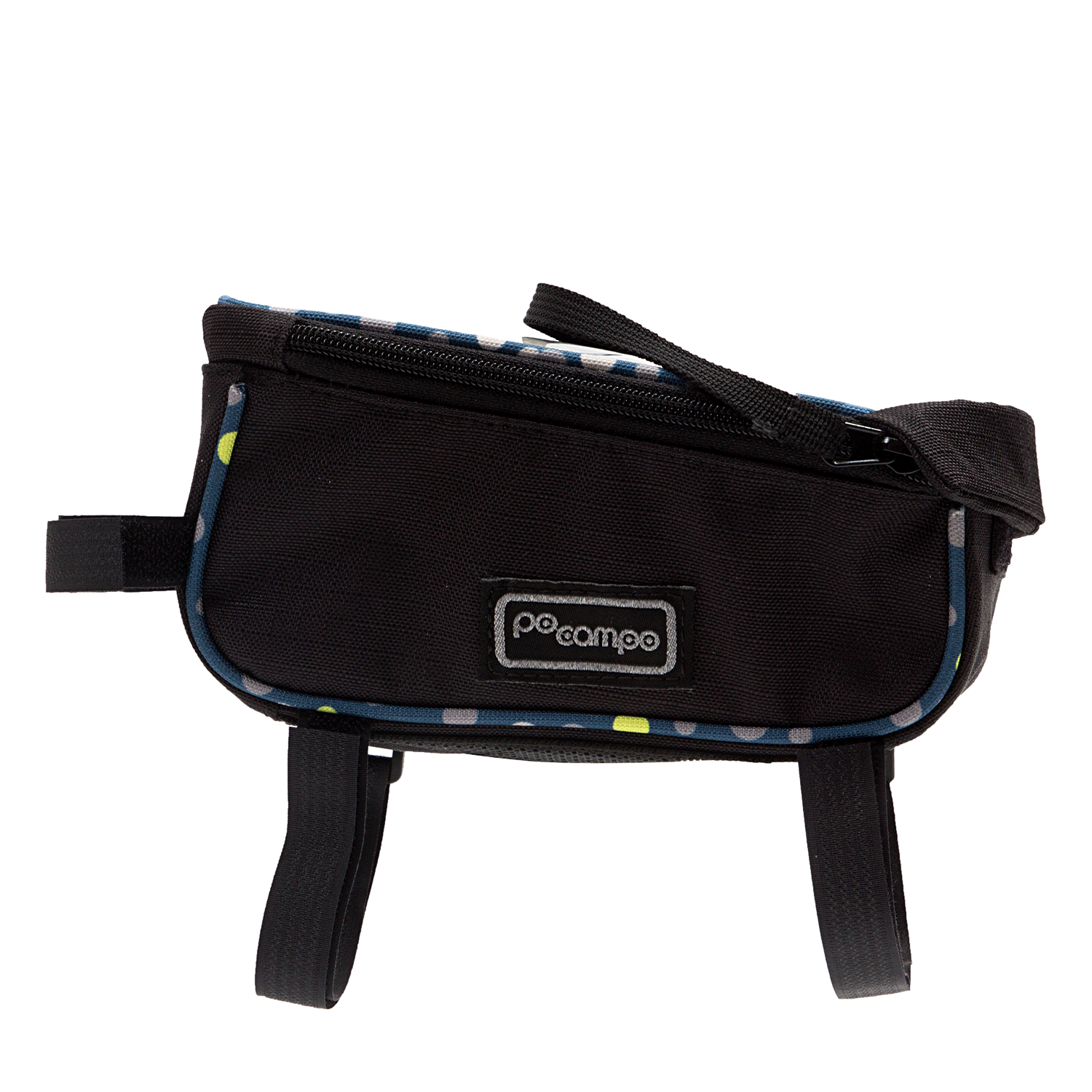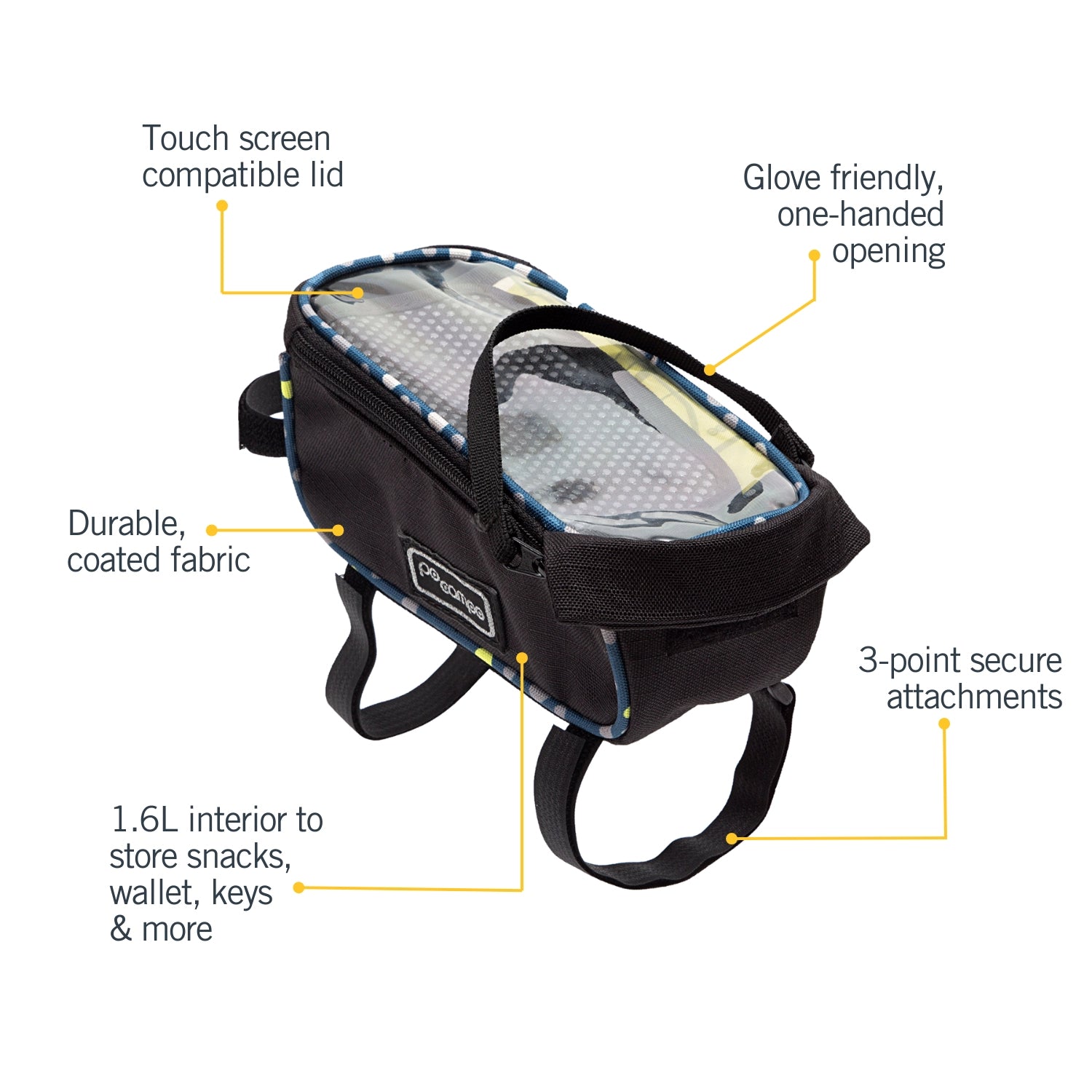
- What does it mean to be an eco friendly company? With Earth Day arriving soon, I wanted to share my current five favorite companies who each have a unique approach to sustainability. There's so many ways a company can have a positive impact on the environment, from responsibly sourcing materials, inventing new sustainable materials, to donating time and money to cleaning their communities. Let's explore a couple innovative approaches!
-
 Source: Eileen Fisher
Source: Eileen Fisher
The 17,000 mile yoga tank
Eileen Fisher recently caught my eye with their ads for VISION2020. The company has set a long term goal of becoming 100% sustainable, and VISION2020 is their plan for the first five years. Five years may sound like a long way off at first, but they want to create a truly responsible supply chain so this means rethinking every step of the garment's life "from the field to the factory to the landfill."
One issue they are focusing on is the distance garments travel from raw materials to finished products in stores. By reducing the distance, they reduce the carbon footprint of each garment. To highlight the complexities of this change, they've created the 17,000 mile yoga tank. That's actually a very small travel distance for the average piece of clothing. The cotton is grown in Arizona, spun into yarn in Switzerland, knitted into fabric and dyed in Montreal, and finally sewn in New York City. Fabric designer Inka Apter mentions the reason the fibers travel to Switzerland is that's the closest spinner for the organic pima cotton they prefer to use. If your intersted in learning the details of what goes into making a tank top, the entire post is a great read.
Innovative materials
Patagonia is well known as an eco friendly company, for good reason! It's hard to know where to start listing all the steps they take. They started using organic cotton in 1996 in response to employees getting headaches from a formaldehyde finish on cotton stored in a warehouse, and haven't looked back. You can read about the breath and depth of their efforts on their website.
I feel like I learn about a new environmentally friendly effort every time I look at their site. Recently I read about their Yulex® guayule rubber, a sustainable material for wet suits. Traditional wet suits are made from neoprene (polychloroprene), a petroleum product. Patagonia wanted to find a renewal material to replace this. They partnered with Yulex and developed a fiber from the guayule plant. Native to the US southwest, guayule is an ideal crop because it uses minimal water and absorbs carbon dioxide from the atmosphere. The roots also stay in the ground during harvest, so several years harvest is created with one planting. Currently the Yulex® guayule rubber is mixed with a neoprene derived from limestone instead of petroleum to make the final fabric, but Patagonia mentions they are continuing to search for innovations in materials.
-
 Source: bluesign®
Source: bluesign®
Cleaning up textile production
When reading about eco friendly companies, you'll see constant mentions to the bluesign® standard. Both Eileen Fisher and Patagonia proudly display the products they source that meet this.
So what's so important about bluesign®? The current global textile industry is a big polluter of waterways. The textile manufacturing and dying process is incredibly water intensive. Instead of testing products after they are manufactured, bluesign® has created a set of industry standards that includes the production of raw materials and manufacturing processes. Brands and manufactures need to go through rigorous testing to ensure compliance.
The bluesign® system is based on five principles:
- Resource productivity
- Consumer safety
- Water emission
- Air emission
- Occupational health & safety
bluesign® aim is to impact the entire textile production chain. The also have directories of all companies that are bluesign® approved. This is an important resource to not only help consumers find eco friendly companies, but also for companies working on the approval process to find sustainable suppliers.

- Source: United by Blue
Cleaning our communities
So far, the eco friendly companies I've named have been focused on improving the impact of their manufacturing. The next company on the list caught my eye for making environmental stewardship the central part of their mission.
United by Blue makes a wide range of products, including many wardrobe basics in organic cotton. What makes them unique is for item they sold they remove one pound of trash oceans and rivers across America. The trash removal is also part of creating a community. They host frequent cleanups and invite their customers to volunteer. So far they've hosted 118 cleanups in 21 states, collecting 203,860 lbs. of trash so far! Empowering customers to clean their own community makes United by Blue stand out as one of my favorite eco friendly companies.

Source: Worn Again
Closed loop textile recycling
One of the current problems with textiles is recycling the finished fabric. The holy grail of textile reuse is closed loop recycling. This means you could take a worn piece of fabric and recycle it into a textile of the same quality, then repeat the process over and over again. There's lots of complications in this process including separating different types of fibers and different dyes. Currently there's no large scale option, especially considering the amount of fabric created and consumed every year. The final home for most clothes produced every year is the landfill.
Worn Again wants to tackle this challenge. They've previously focused on upcycling textiles, for example turning industrial fabric scraps into products like uniforms and seat upholstery for Virgin Airlines.
In researching textile recycling, Worn Again has already developed the ability to extract polyester and cotton from end of life clothing. The next step is to develop this material into a fiber that can be continuously recycled. They've also just announced a partnership with H&M and Puma to test this material and research ways for the project to succeed long term. It's still in the works, but seeing large scale textile recycling coming closer to reality is exciting news!
As you can see, there's so many different ways for a company to be eco friendly. From local community improvements to new industry standards, these five companies are my current favorites for their creativity and inventive approaches. They are also all very vocal about their efforts, which I think is important for growing a community of eco friendly companies!
Who are your sustainable favorites? Join us and share your favorite companies in celebration of Earth Day.
04/22/15 Update: Interested in what Po Campo is doing to be an eco friendly company? Read our blog post about our eco friendly handbags and bikebags.

 Source:
Source:  Source:
Source: 
